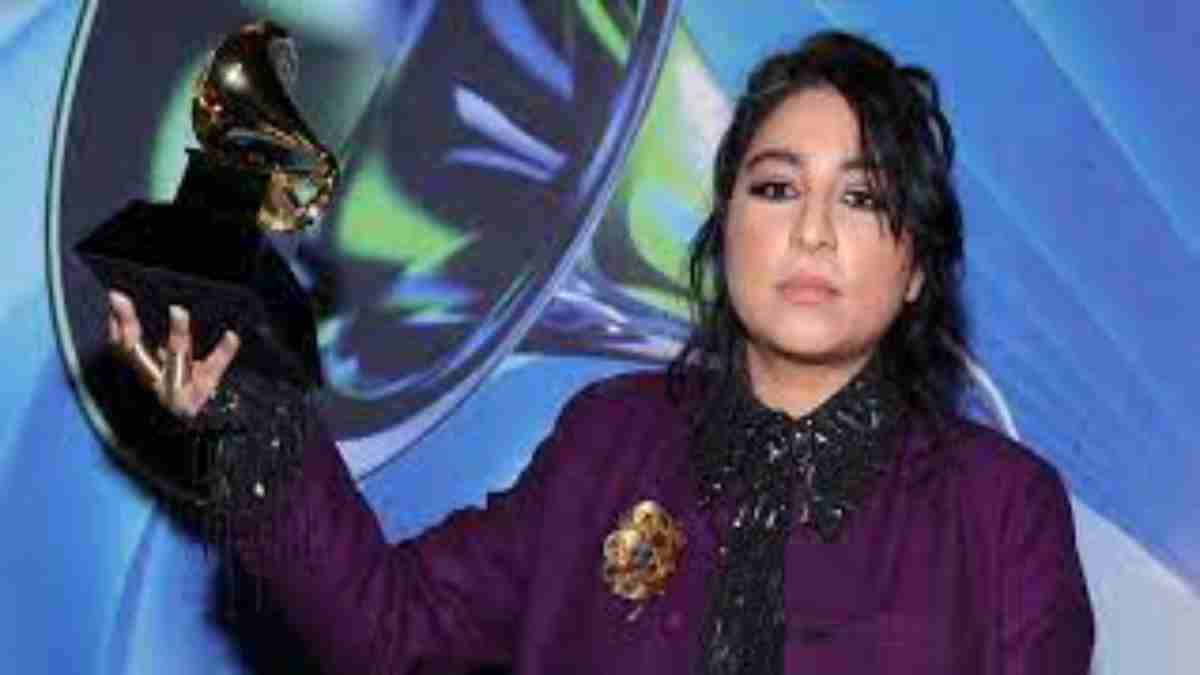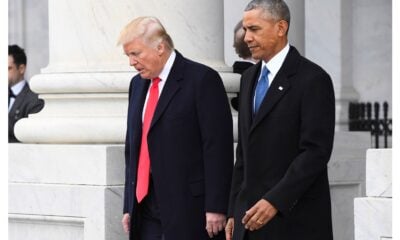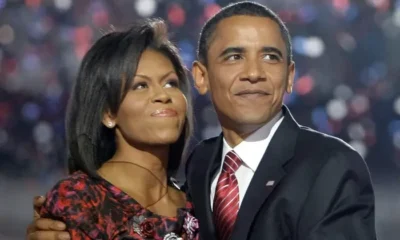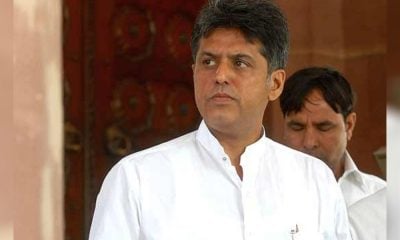Entertainment
Arooj Aftab wins Grammy: When Barack Obama listed the Pakistani singer’s Mohabbat in his summer playlist favourites 2021
The 64th Grammy Awards commenced in Las Vegas on Sunday night. Brooklyn-based Pakistani singer Arooj Aftab became the first Pakistani to bag a Grammy Award.

Entertainment
Border 2 box office collection day 12 crosses Rs 286 crore, eyes Rs 300 crore milestone
Border 2 box office collection reaches Rs 286.75 crore after 12 days, putting the Sunny Deol-led film close to the Rs 300 crore milestone.
Entertainment
Why Dhurandhar on Netflix runs shorter than its original theatrical cut
Dhurandhar’s Netflix release sparked confusion over its shorter runtime. The difference is linked to muted dialogue and an updated theatrical cut.
Entertainment
Border 2 box office collection day 1 crosses Rs 30 crore
Border 2 opens to Rs 30 crore on day one, becoming the biggest opener for Varun Dhawan, Ahan Shetty and Diljit Dosanjh.
-

 India News22 hours ago
India News22 hours agoMK Stalin predicts frequent PM Modi visits to Tamil Nadu before assembly election
-

 Latest world news22 hours ago
Latest world news22 hours agoIndia eyes Rs 8,000 crore mid-air refuelling aircraft deal as PM Modi begins Israel visit
-

 Latest world news8 hours ago
Latest world news8 hours agoPM Modi reaffirms support for Israel, recalls 26/11 victims in Knesset address
-

 Latest world news7 hours ago
Latest world news7 hours agoPM Modi and Netanyahu pledge deeper defence, trade ties during Israel visit
-

 Latest world news8 hours ago
Latest world news8 hours agoCanada softens stance on alleged Indian interference ahead of PM Carney’s India visit
-

 India News8 hours ago
India News8 hours agoPM Modi crosses 100 million followers on Instagram, first world leader to achieve milestone
-

 India News7 hours ago
India News7 hours agoOver 5,000 tribals join BJP in Assam’s Goalpara ahead of elections













